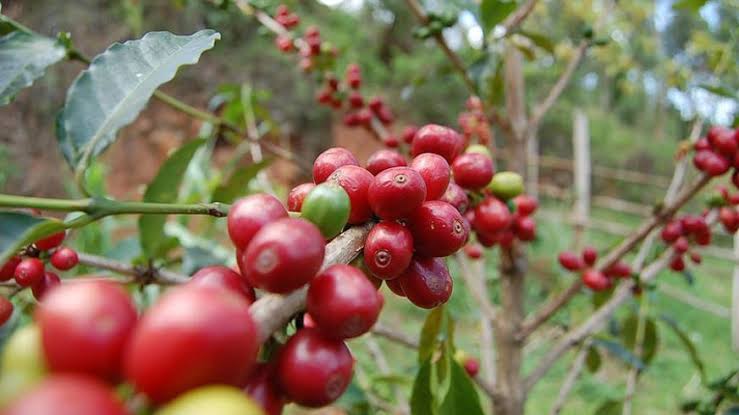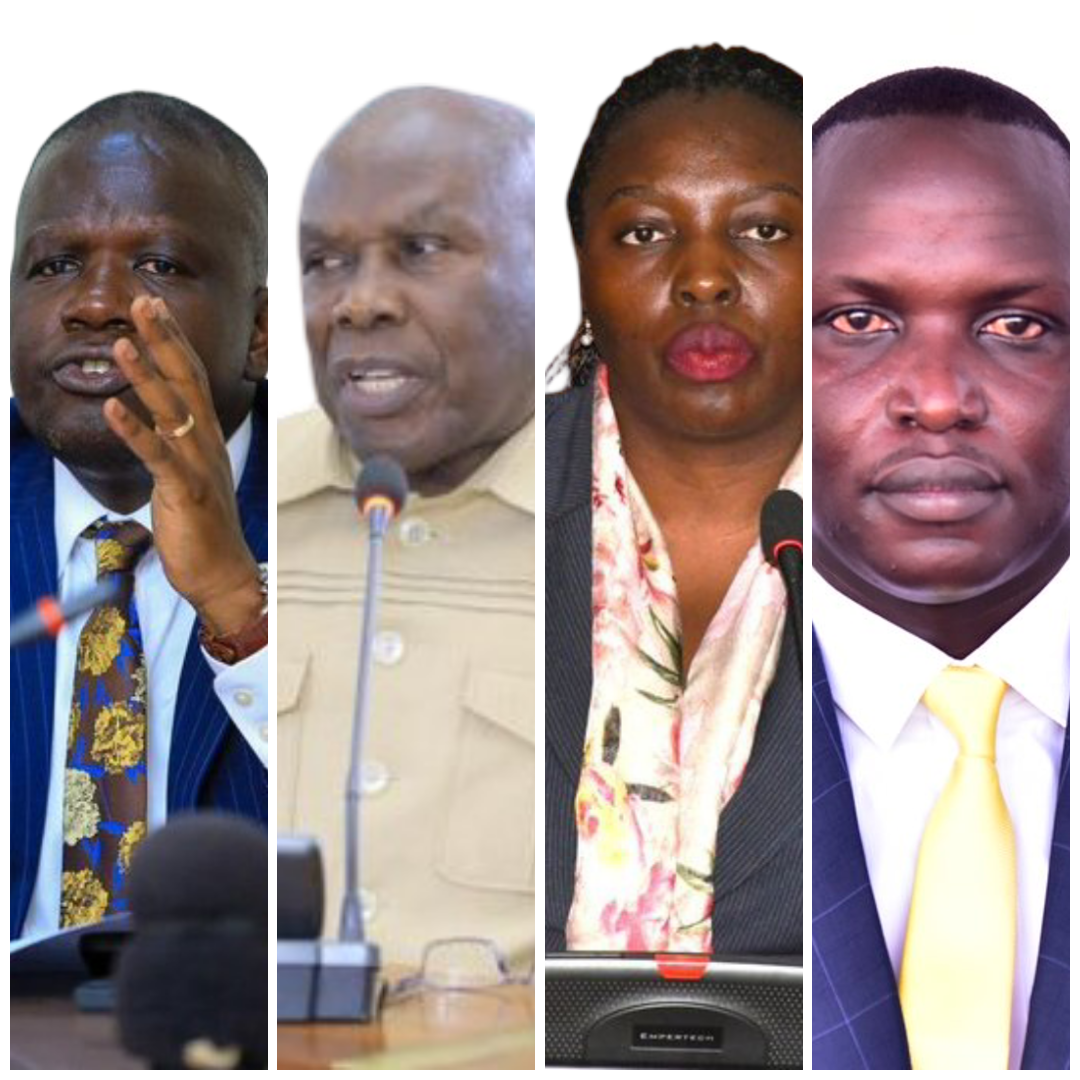How Uganda’s coffee thrived amid record prices, political Shifts, and sustainability challenges in 2024
Ugandan coffee farmers experienced an unprecedented financial boom in 2024, thanks to soaring global demand for the country’s Arabica and Robusta beans.

The year 2024 brought a mix of triumphs and tribulations for Uganda’s coffee industry. While farmers celebrated record-high prices, political controversies surrounding the restructuring of the Uganda Coffee Development Authority (UCDA) and stringent international regulations presented new challenges for one of the country’s most vital economic sectors.
Ugandan coffee farmers experienced an unprecedented financial boom in 2024, thanks to soaring global demand for the country’s Arabica and Robusta beans. As climate disruptions and supply chain challenges affected other coffee-producing regions, Uganda capitalized on the opportunity, achieving record exports.
Farmers reported income increases of up to 20%, enabling investments in farm improvements, expanded operations, and higher yields. However, rising costs of production, particularly for fertilizers and fuel, tempered these gains. Climate change remained a looming threat, with unpredictable weather patterns pushing farmers to adopt climate-resilient practices.
The financial optimism was clouded by the government’s decision to restructure the Uganda Coffee Development Authority (UCDA). The move, part of the broader Rationalisation of Agencies and Public Expenditure (RAPEX) policy, aimed to integrate UCDA into the Ministry of Agriculture, Animal Industry, and Fisheries (MAAIF) to streamline operations and reduce costs.
This decision, formalized through the National Coffee (Amendment) Bill, 2024, ignited heated debates. Critics, led by the National Unity Platform (NUP), argued that dismantling UCDA risked destabilizing a sector crucial to Uganda’s economy. Opposition leaders called for a phased approach to avoid disruptions.
Despite these protests, President Yoweri Kaguta Museveni signed the bill into law on December 20. Attorney General Kiryowa Kiwanuka defended the restructuring, emphasizing its potential to enhance efficiency and coordination. However, many industry stakeholders remain anxious about how the changes will unfold.
Adding to the sector’s challenges was the European Union’s introduction of the European Union Deforestation Regulation (EUDR). This regulation requires Ugandan coffee exports to the EU to meet strict sustainability standards, ensuring that supply chains are free from deforestation.
For smallholder farmers, the EUDR presents significant financial and administrative burdens. Producers must now provide detailed documentation on their environmental practices, register with the EU’s monitoring system, and ensure compliance with sustainability criteria.
While the regulation poses hurdles, it also opens doors for Uganda’s coffee industry to align with global trends favoring sustainably sourced products. Industry stakeholders are exploring ways to help small farmers adapt to the new requirements, with some seeing the EUDR as an opportunity to elevate Uganda’s reputation in the global coffee market.
As Uganda transitions into 2025, the coffee sector faces a critical juncture. The successful implementation of UCDA’s restructuring will determine the industry’s stability, while compliance with international regulations like the EUDR will be key to maintaining market access.
Despite the uncertainties, 2024 demonstrated the immense potential of Uganda’s coffee sector. High prices underscored the industry’s resilience and economic significance, even amid political and regulatory challenges. The coming year will test the sector’s ability to adapt and thrive in an evolving global landscape.
How Uganda navigates these challenges will shape the future of its coffee industry and its role as a global player in the years to come.







